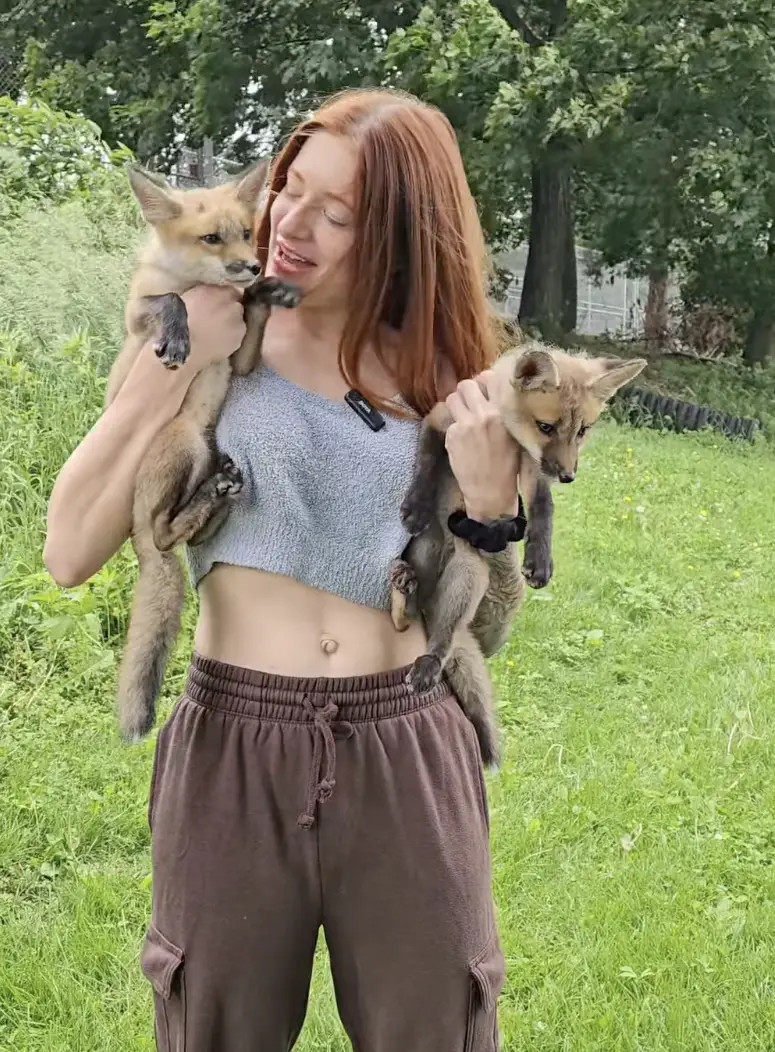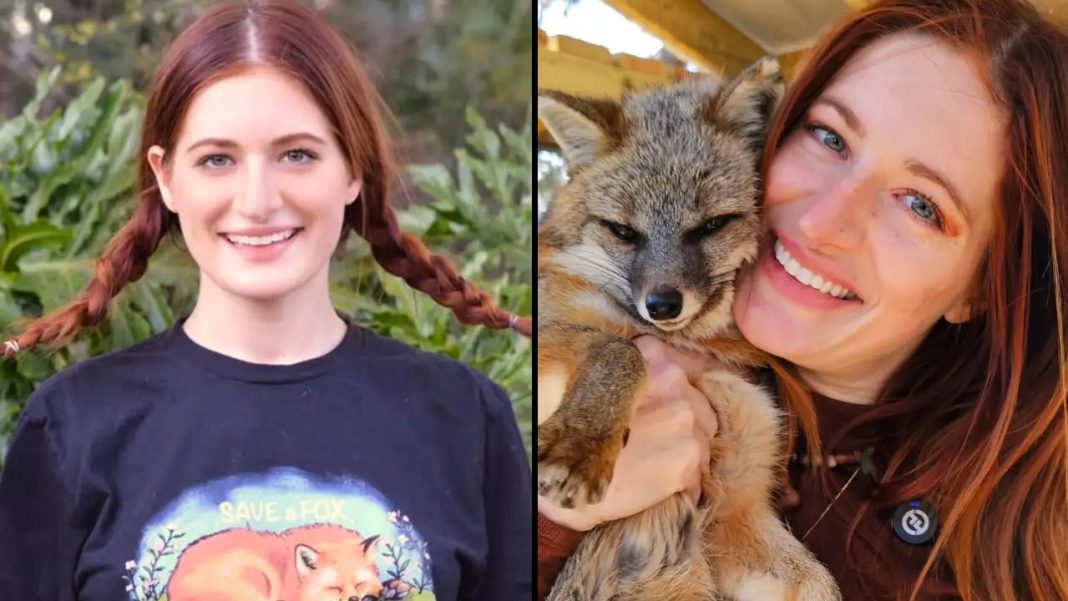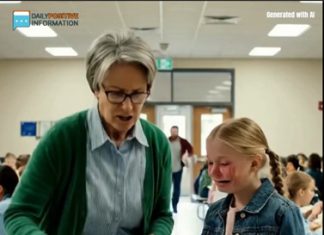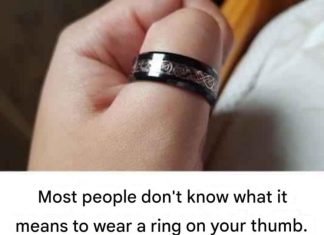Tragic Loss of Wildlife Activist Mikayla Raines: A Reminder of the Dangers of Online Harassment
In a heart-wrenching turn of events, Mikayla Raines, a prominent wildlife rescuer and a beloved figure in the animal activism community, has tragically passed away at the age of 29. Known for her dedication to rescuing foxes and other animals, Raines garnered a substantial following on platforms like YouTube, where she shared her experiences and love for wildlife. As the founder of the U.S.-based animal rescue organization Save A Fox, she was often referred to as a “superhero” for her unwavering commitment to saving and rehabilitating animals in need. Her work not only contributed to individual animal lives but also raised awareness about wildlife conservation and responsible pet ownership.

Days before her untimely death, Raines’ husband, Ethan, shared the devastating news on her Instagram account, revealing that she had taken her own life. This tragic announcement has left her family, friends, and supporters in shock, as many were unaware of the personal struggles she faced behind the scenes. Raines had been battling years of online harassment—not just from faceless trolls, but also from individuals within the animal sanctuary community, including those she considered friends. This brings to light a troubling issue that continues to plague many influencers and activists: the very real psychological toll of online bullying, which can manifest in a variety of harmful ways, impacting mental health and overall well-being.

The Impact of Online Bullying
In a deeply emotional video, Ethan revealed the extent of Mikayla’s suffering, stating that she was the target of “ridiculous claims and rumors” that took a severe toll on her mental health. Having dealt with conditions such as autism, depression, and borderline personality disorder, Raines often found herself overwhelmed by the negativity that surrounded her. Her husband acknowledged that these false accusations cut deeply, making her feel as though “the entire world had turned against her.” This unfortunate circumstance highlights the urgent need for greater awareness and empathy regarding mental health issues, particularly for public figures. The ease with which misinformation spreads online can exacerbate existing mental health challenges and create an isolating environment for those affected.
A Life Dedicated to Animal Welfare
Raines began her activism journey as a teenager, and over the years, she amassed over 2.4 million subscribers on YouTube. Her content often featured heartwarming moments with various animals, including her recent excitement about adopting new rescues. This included videos of her interacting with foxes, raccoons, and even a lemur. The day Ethan shared their last video, he playfully questioned whether marrying an animal lover meant accepting a household filled with unexpected pets. This was followed by scenes of Mikayla joyfully interacting with a new lemur, which underscored her passion for animals and her zest for life. Her approach made animal rescue feel accessible and personal to her audience, providing a glimpse into the joy and challenges of caring for these creatures.
The Struggles Behind the Smile
Despite her vibrant online persona, those closest to Raines understood the challenges she grappled with on a daily basis. Her husband, Ethan, disclosed that he performed CPR on Mikayla for an agonizing 15 minutes after discovering her. His profound grief was evident as he expressed that “half of him is now missing.” This poignant testimony not only reflects the depth of their love but also serves as a stark reminder of the hidden struggles many individuals face, even when they appear to be thriving outwardly. The duality of Raines’ life emphasizes how important it is to recognize that social media often presents a curated version of reality, where laughter and joy can exist alongside deep-seated pain.
A Call to Action: Breaking the Cycle of Harassment
In the wake of this heartbreaking loss, Ethan urged anyone experiencing similar feelings of despair to seek help. He encouraged those who feel “lost and hopeless” to reach out and talk to someone about their struggles. This plea for openness highlights the importance of mental health conversations in our society, particularly in the context of online interactions that can lead to severe emotional distress. The ramifications of online harassment can be dire, affecting not only the individual targeted but also their loved ones. Thus, the collective responsibility to foster a more supportive and understanding digital environment has never been more pressing.
Resources for Support
If you or someone you know is grappling with mental health issues or is affected by any of the topics raised in this article, it’s crucial to reach out for help. In the United States, individuals can contact the National Suicide Prevention Lifeline at 800-273-TALK (8255) or text the Crisis Text Line at 741741. For those in the United Kingdom, the Samaritans provide a 24/7 support line at 116 123, offering a free and confidential space to talk about what you’re feeling. Additionally, mental health organizations and online resources can offer guidance, support, and community connections for those in need.
As the community mourns the loss of Mikayla Raines, her legacy as a dedicated animal rights activist lives on. Her story serves as a powerful reminder of the necessity for compassion, understanding, and the vital importance of supporting one another in the face of adversity. Her untimely passing urges us to reflect on the impact of our words and actions online and to cultivate an atmosphere of kindness and respect. Let us honor her memory by fostering a more caring and supportive environment for all, ensuring that no one else feels as alone as Mikayla did in her final moments.

















